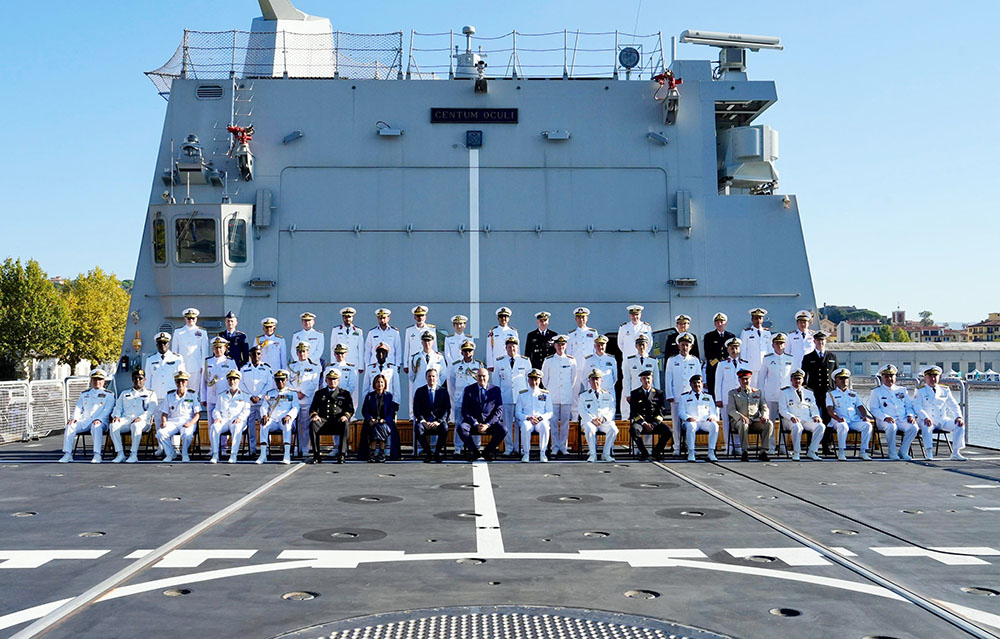
Executive Summary:
- Russia’s influence in the Caspian Sea littoral has declined since 2020 due to Moscow’s war against Ukraine diminishing Russian resources and international standing, regional conflicts and reordering, and the growing navies of Azerbaijan, Kazakhstan, and Iran.
- Türkiye has been instrumental in helping Azerbaijan and Kazakhstan modernize their navies, including shipbuilding partnerships and joint exercises, strengthening Ankara’s influence in the Caspian and South Caucasus.
- Regional states are diversifying their military alliances, conducting joint military drills, and capitalizing on Russia’s declining leverage, while Russia seeks closer ties with Iran to maintain its influence in the Caspian Sea region.
On October 25, Azerbaijan participated in the Nusret-2025 Invitation Exercise, a joint military drill held in the Gulf of Soros in Türkiye. The exercise aimed to strengthen cooperation between the Turkish Naval Forces and the naval forces of friendly and allied countries, such as Azerbaijan (Ministry of Defense of Azerbaijan; News.az, October 25). This is the latest example of Azerbaijan’s partnership with Türkiye in strengthening its naval forces. The Caucasus region, particularly the Caspian littoral, is emerging as a focal point of geopolitical competition amid rising tensions between Russia and the West. The Caspian, often referred to as a “Russian lake” during the Soviet era, has presented new challenges to Russia’s regional dominance since 2022. Until the 2020s, Russia remained the most powerful naval power in the Caspian Sea, despite Kazakhstan, Azerbaijan, and Iran systematically enhancing their naval capabilities over the past three decades (see Strategic Snapshot, August 24).
